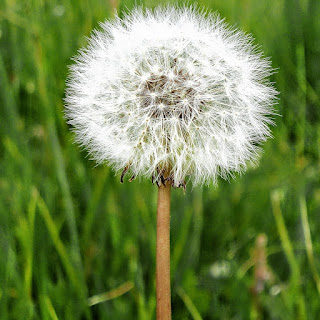
But I like my students to work with primary sources. It's important to show students how historical events mattered to the people living at that time. What would it have been like to live in London at that time?
So I planned two 45 minute lessons (total of 90 minutes) to look at William Blake's poem "London". I have taught Blake before - but for this lesson, I wanted to show how Blake use poetry to criticize society and the inherent hypocrisy he witnessed in 1790s London when he was living the capital.
We read the poem together and I made sure students see what the poem looked like when Blake published it. One cool thing about Blake is that he was a printmaker and he self-published all of his own books - and illustrated them.
We look at the illustrated version and I ask students to point out what they notice. We then read the poem together and then using a document camera we work on annotating the text. I have prepared a bunch of my own annotations to guide the process but I make sure that students add their own insights as well!
After we annotate the text kids work in small groups to work on further diving into the text using 11 reading comprehension questions I prepared. They then report back and we have a class discussion using 9 discussion questions I came up with to help students make more connections from the text to the world.
I'm proud of my students thinking and I'm thinking if you want to try teaching "London" to your student you can download the resource I packaged as a printable PDF on Teachers Pay Teachers.
I hope you enjoy using this resource and of course I'd love to know what you think. Leave your thoughts in the comments section below.


